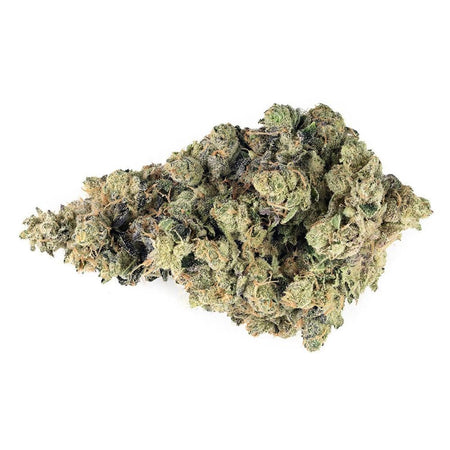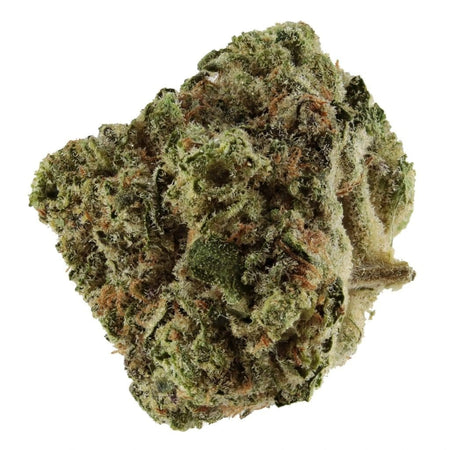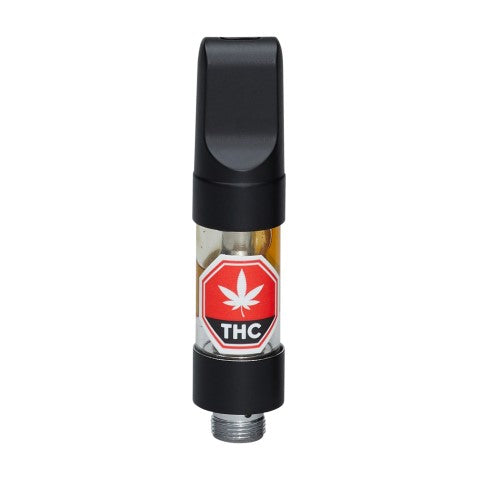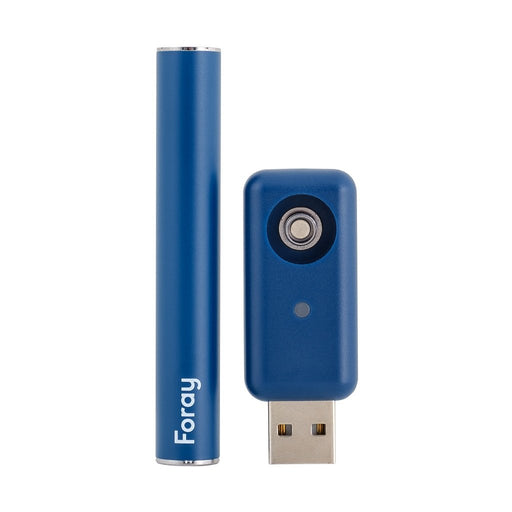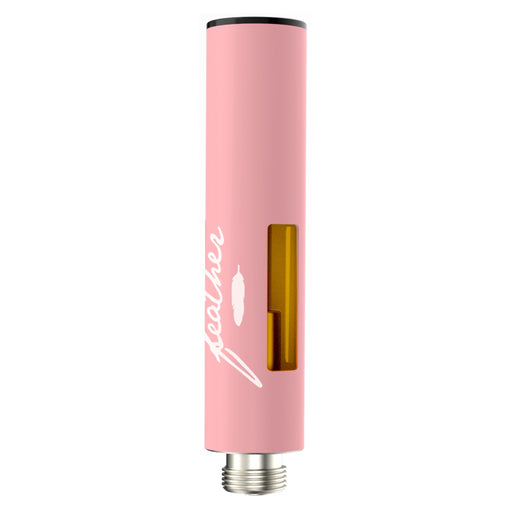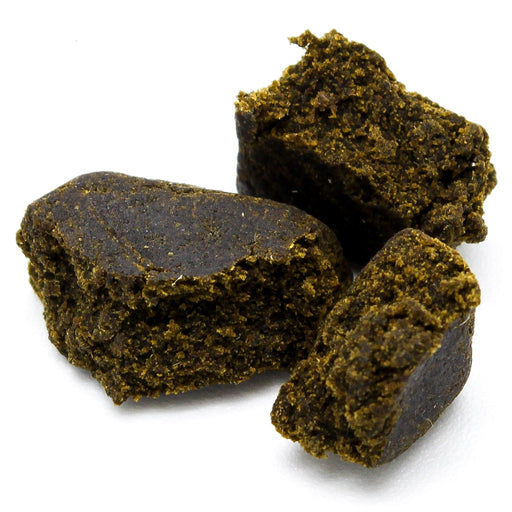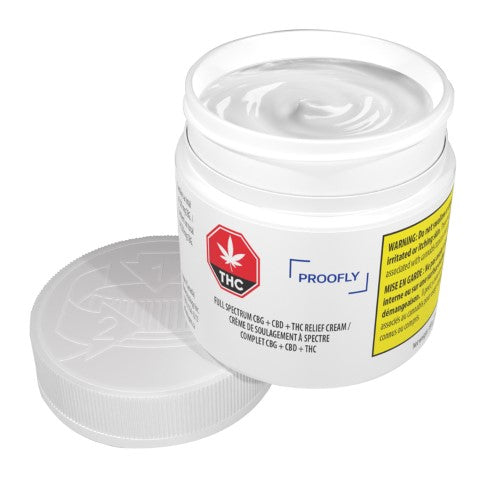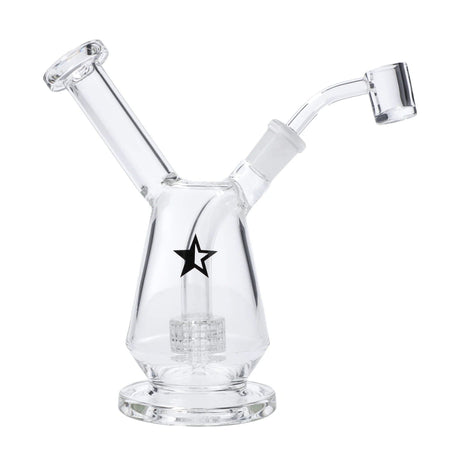Understanding Cannabis Oil: Types and Uses
Cannabis oil is a concentrated extract derived from the cannabis plant, encompassing a variety of types and formulations. The extraction process typically involves solvents like ethanol or carbon dioxide, which help isolate the cannabinoids and terpenes that contribute to the oil’s unique properties.
Among the most common types of cannabis oil are CBD oil, THC oil, and full-spectrum oil. CBD oil, or cannabidiol oil, is non-psychoactive and often used for its potential therapeutic benefits, such as pain relief and anxiety reduction. THC oil, containing tetrahydrocannabinol, is psychoactive and can induce the “high” associated with cannabis. It is utilized for both recreational and medicinal purposes, including appetite stimulation and nausea control. Full-spectrum oil includes a range of cannabinoids and terpenes, providing what is known as the “entourage effect,” which may enhance the overall efficacy of the oil.
The legal status of cannabis oil varies significantly across regions. In some areas, both CBD and THC oils are legal for medical and recreational use, while other locations may only permit the use of CBD oil with low THC content or restrict cannabis oil entirely. It is crucial for consumers to be aware of their local regulations to ensure compliance.
There are several methods of consuming cannabis oil, each suited to different needs and preferences. Oral ingestion is one of the most popular methods, often involving capsules, tinctures, or edibles. This method provides a longer-lasting effect but may take longer to onset. Topical application is another option, where the oil is applied directly to the skin, providing localized relief without the psychoactive effects of THC. Lastly, vaping involves inhaling the vaporized oil, offering rapid delivery and higher bioavailability, making it a preferred choice for those seeking immediate effects.
Understanding the various types and uses of cannabis oil, along with their legal status and consumption methods, is essential for making informed decisions about its use. Whether for therapeutic or recreational purposes, cannabis oil offers a versatile and potentially beneficial option for many individuals.
Health Benefits and Risks of Cannabis Oil
Cannabis oil has garnered attention for its potential health benefits, supported by both scientific studies and anecdotal evidence. One of the most notable benefits is its ability to alleviate chronic pain. Research indicates that cannabinoids, the active compounds in cannabis oil, interact with the body’s endocannabinoid system to reduce pain and inflammation. This has made cannabis oil a popular alternative for individuals suffering from conditions such as arthritis, fibromyalgia, and multiple sclerosis.
Another area where cannabis oil shows promise is in the treatment of anxiety and depression. Preliminary studies suggest that cannabidiol (CBD), a non-psychoactive component of cannabis oil, may help regulate mood and mitigate anxiety symptoms. Patients with social anxiety disorder, generalized anxiety disorder, and even post-traumatic stress disorder have reported relief after using CBD oil.
Epilepsy patients, particularly those with treatment-resistant forms such as Dravet syndrome and Lennox-Gastaut syndrome, may also benefit from cannabis oil. The FDA-approved drug Epidiolex, which contains CBD, has been shown to reduce the frequency and severity of seizures in these patients.
Despite its potential benefits, cannabis oil is not without risks. Cognitive impairment is a significant concern, especially when products contain tetrahydrocannabinol (THC), the psychoactive component of cannabis. Long-term use can lead to dependency and potential withdrawal symptoms. Legal issues also arise, as the legality of cannabis oil varies by jurisdiction and can affect access and quality control.
Given these complexities, it is crucial to consult with healthcare professionals before using cannabis oil for medical purposes. They can offer personalized advice on dosing, potential drug interactions, and monitor for adverse effects. Quality control is another critical factor; consumers should seek out reputable products that have undergone third-party testing to ensure purity and potency.

